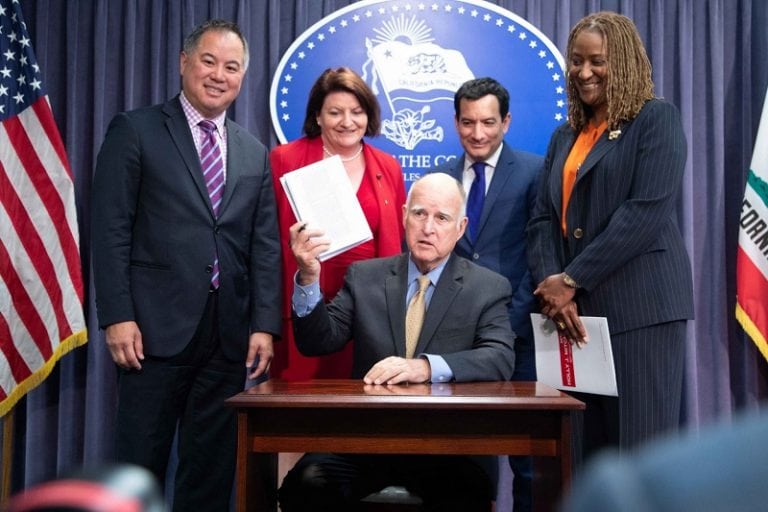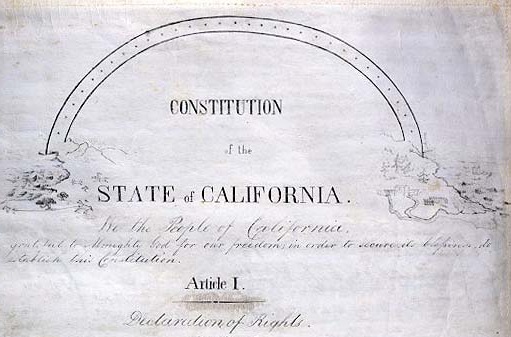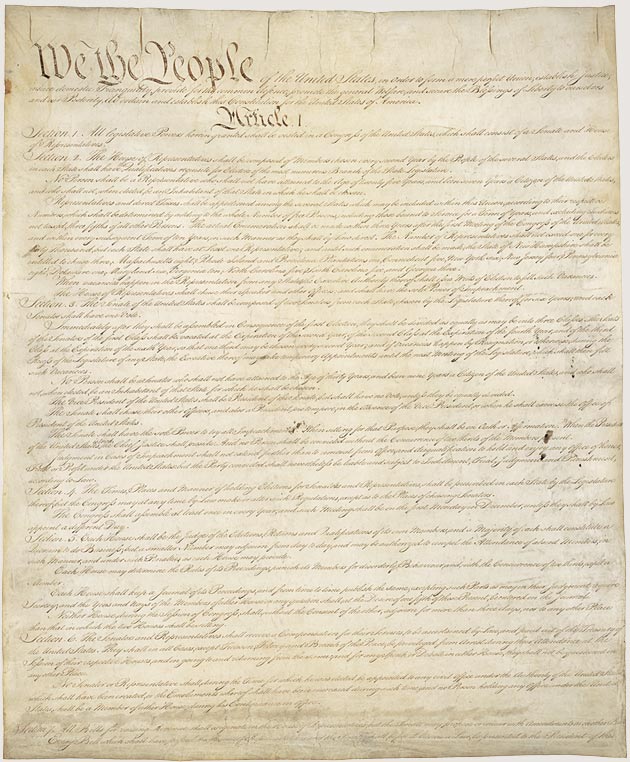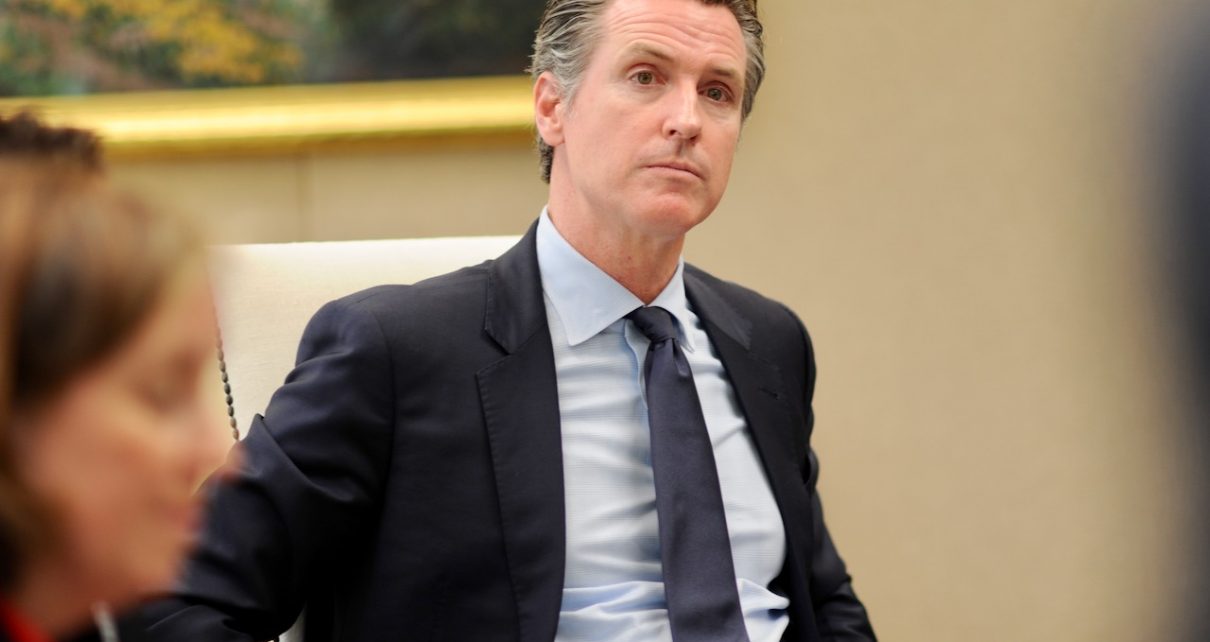
Gov. Gavin Newsom. (Photo: Kevin Sanders for California Globe)
After Veto Of All Day Kindergarten Bill State Teachers Speak Out
Many educators warn that the veto continues to leave disadvantaged children behind
By Evan Symon, October 22, 2019 4:32 am
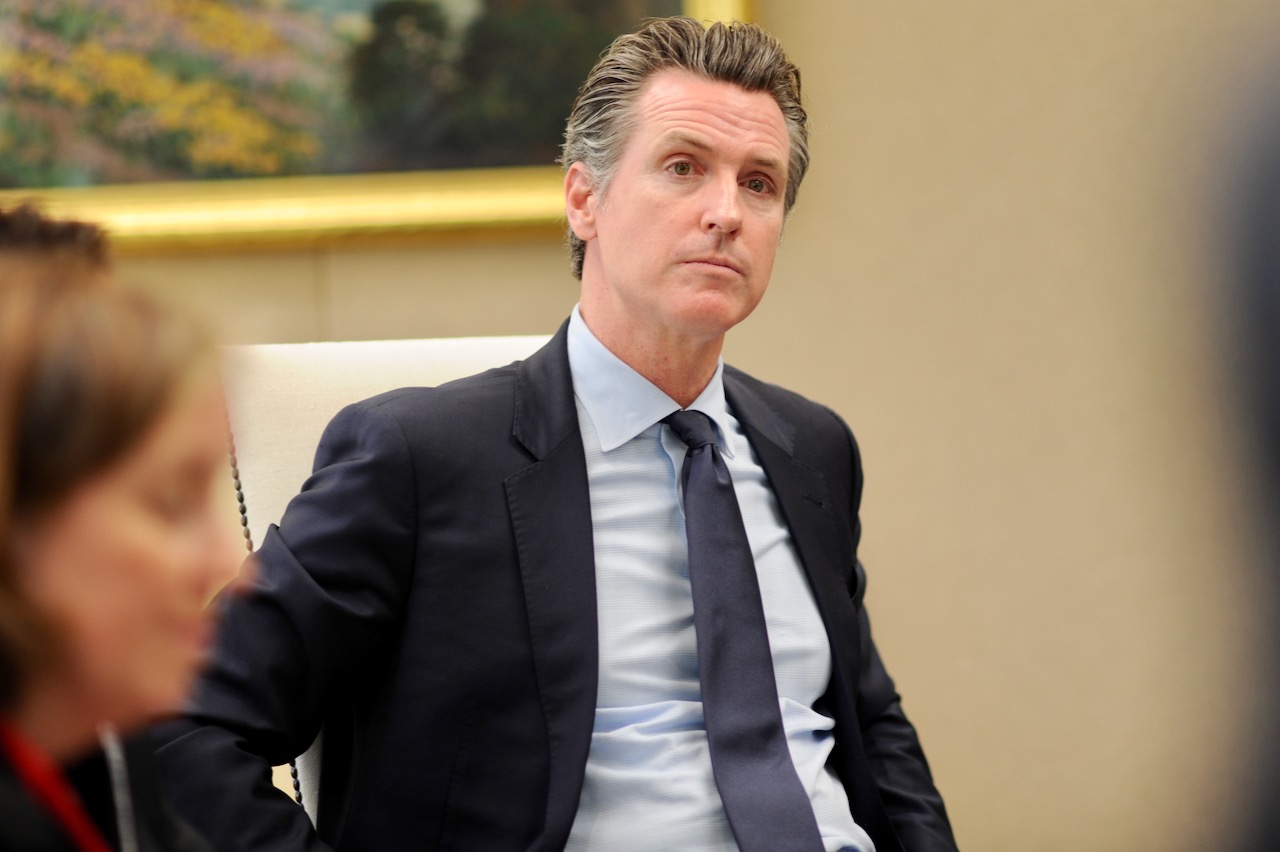
The veto last week of Assembly Bill 197 by Governor Gavin Newsom, to institute all day kindergarten classes at public and charter schools across the state, is already sending shockwaves around schools in California.
AB 197, authored by Assemblywoman Shirley Weber (D-San Diego), would have began all day kindergarten classes beginning in 2022. Instead it became the second such bill to be vetoed in five years, following a similar veto of SB 837 by former Governor Jerry Brown in 2014. If passed, California would have joined 13 other states, plus the District of Columbia, in having all-day kindergarten laws.
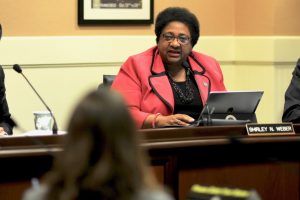
Governor Newsom joined with opponents of the bill, primarily Republican lawmakers and school district officials in his veto announcement. Newsom and opponents have raised concern over the cost and resources required for all-day kindergarten classes, despite approving of the practice in general.
“Enrollment in full-day kindergarten has grown for more than a decade,” stated Governor Newsom in his veto. “Some school districts opt for part-day programs due to facilities constraints. In order to address this limitation, the 2019 Budget Act includes $300 million one-time non-Proposition 98 General Fund specifically for facilities construction designed to expand full-day kindergarten offerings. While I support increased access to full-day kindergarten, I cannot sign this bill as it would impose new costs outside the budget.”
Proponents of the bill, such as parent and teachers organizations across the state, voiced concern at the veto.
The California Globe got in touch with Kindergarten teachers Karen Diaz and Yolanda Kessler, from Los Angeles and Santa Ana respectively, about what the veto means.
“Low income areas are hit pretty hard,” said Diaz. “About 70 percent of schools in California already have all-day Kindergarten. All the ones that don’t are either in poor or rural areas.”
“So we have a system, from the very beginning, that poor children are deprived of all of that extra knowledge. When I taught second grade, I noticed a difference between those who did Kindergarten full time and those who took the bus home at noon. They were better read, did better in math, and had a ‘leg up’ so to speak years later.”
Kessler concurred with Diaz but also offered up another point.
“It can be a burden on working families having children come home at different times. If poorer families have part time work being available from 8 to 12 and 8 to 3 makes all the difference in the world for paychecks.”
“I know it all comes down to money. Believe me, everyone in education is acutely aware of that. But it’s costing a lot of kids essential early development.”
No kindergarten teacher that I’ve talked with is happy at this decision. Few teachers are.
“It’s not a union or ‘giving more time and money to teachers’ issue. It’s doing right by kids. And the Governor just told them their early development doesn’t matter,” Kessler added.
A study by the NEA also found that all-day Kindergarten increases student achievement, is cost-effective in the long-term by reducing the number of future underachieving students, and generally makes students happier. It should be noted that other studies have found limitations to this, such as most half-day kindergartners catching up academically by the third grade.
Proponents are already working on a third version of the bill, but are unsure if it will be ready for the next session. Meanwhile, Kindergarten teachers around the state are keeping an eye out for it.
“We’re looking out for what’s best for all students across the state,” explained Diaz. “If it takes another five years, well, we’ll still be here.”
- Bill to Require Law Enforcement Disclosure if AI Was Used To Help Write Reports - August 7, 2025
- Gov. Newsom Files FOIA Request To ‘Expose True Cost’ Of L.A. Federal Troop Deployment for Anti-ICE Riots - August 6, 2025
- California Redistricting: How Newsom’s Plan Will Demolish Hard Fought GOP Gains - August 6, 2025


